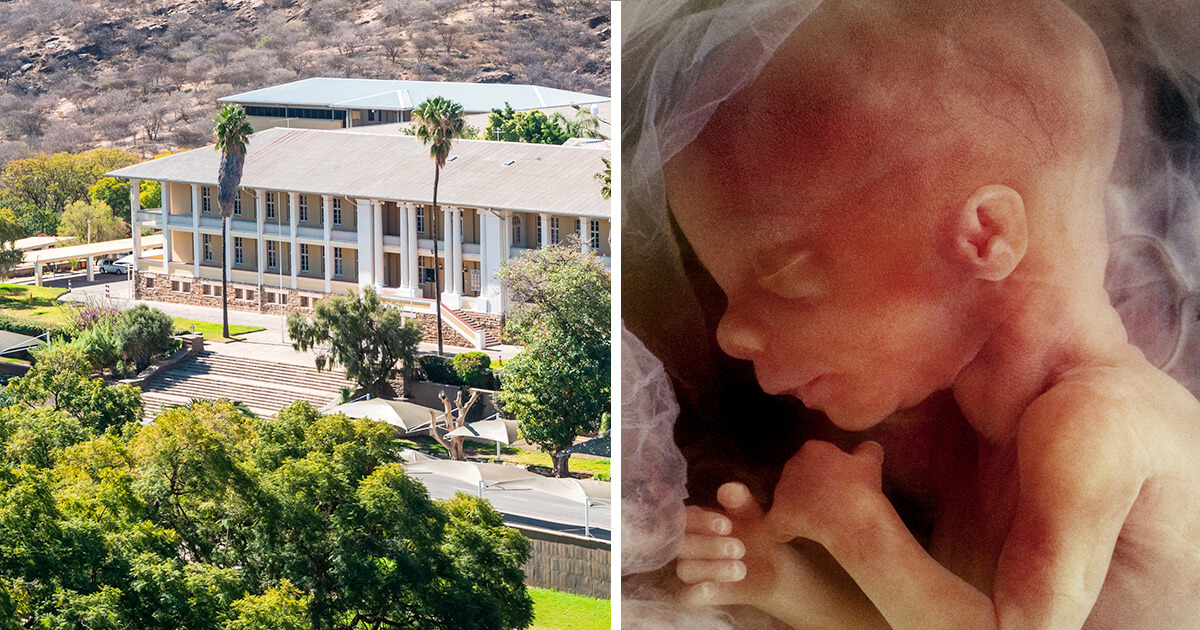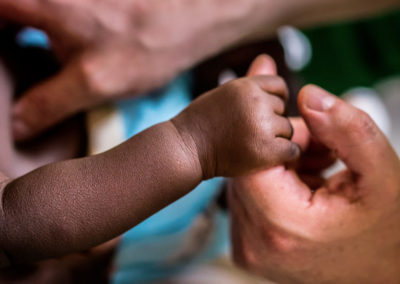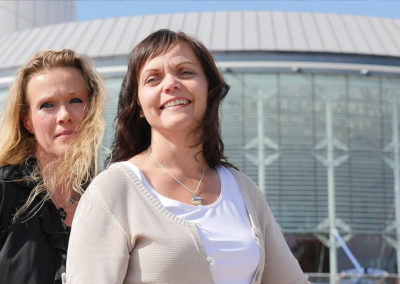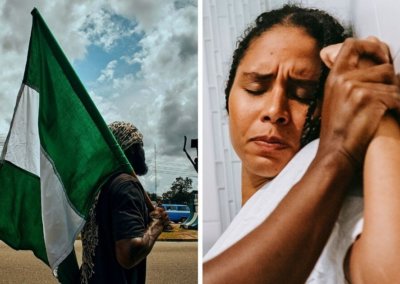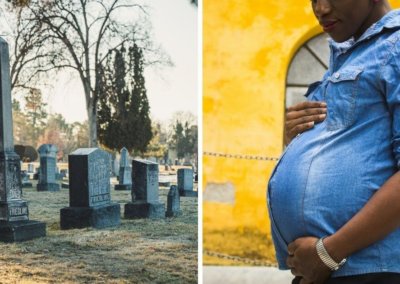An attempt to introduce radical abortion legislation in Namibia has been launched with the backing of international abortion organisations, such as Ipas – which is also pushing for an extreme abortion law in Kenya.
Prior to the Summer parliamentary recess, Health Minister Kalumbi Shangula told The Namibian he would push to introduce abortion on demand in Namibia if he gets enough support from women.
Just days later, Deputy Health Minister Esther Muinjangue put forward a motion calling for a debate on the topic.
Now that Namibia’s National Assembly has resumed, it is expected that abortion campaigners will soon bring forward a Bill detailing a radical new abortion regime.
Extreme changes
Namibia already has one of the most permissive abortion laws in Africa, allowing for terminations in cases of rape, incest and if there is a risk to the mother or baby’s mental or physical health.
It is, therefore, likely that any change will seek to make the country’s current abortion legislation more extreme by introducing abortion on demand, for any reason – as suggested by the Health Minister’s comments to the Namibian.
External influences pushing for changes
The Swedish Embassy and international abortion organisation, Ipas, are among the external influences pushing for a radical abortion law.
The Swedish Embassy has pledged $3.2 million to fund a project which promotes ‘safe abortion’, among other idealogies, to Namibia and other African countries. This comes just months after Sweden announced it will fund abortions to combat the coronavirus in developing African countries, which are in dire need of PPE and medical equipment.
According to Citizen Go, Ipas arranged a meeting with members of parliament and other public servants to “lure” them into introducing a more extreme abortion law in the country.
International NGOs such as Ipas have used a legislation change model in a number of other countries where they have lobbied for a law change, which, in practice, introduces abortion on demand, for any reason.
This model involves firstly lobbying Governments to introduce new legislation, as they are currently doing in Namibia.
They have then placed themselves as key advisers on the roll-out of the new abortion service, including advising on associated standards and protocols across the country.
In this position as a key adviser, they have then been involved with producing comprehensive guidance for the Government and healthcare providers which outlines that they must interpret language in the new legislation to allow abortion on demand.
For example, this model can be seen in operation in Ghana, where the involvement of Ipas in writing abortion guidance has not been hidden or obscured.
A foreword to the current guidance states: “This document has been put together by a team of national experts with technical assistance from Ipas and WHO, Geneva.”
The wording of the Ghanian legislation relating to abortion includes what appears to be restrictive grounds for abortion “where the continuance of the pregnancy would involve risk to the life of the pregnant woman or injury to her physical or mental health”.
However, in the Ipas assisted guidance, it specifically instructs healthcare professionals to take a very broad interpretation of what appears to be similar restrictive wording.
“Mental health refers to a state of emotional, psychological and social wellbeing and not merely the absence of disease in matters relating to mental function… No psychiatric assessment is required in order to obtain a legal abortion…. A woman’s social circumstances may be taken into account in assessing the current and future risks to her mental health.”
This guidance has, in practice, allowed abortion to take place de facto on-demand.
In Namibia, a similarly broad interpretation would allow de facto abortion-on-demand. If Namibian lawmakers were to follow proposals backed by Ipas for Kenya, which do not include a time limit, this would allow abortion up to birth in Namibia.
Radical abortion legislation not wanted in Namibia
While there has not been any research on the public opinion around abortion in Namibia, local campaigners that Right To Life UK spoke to said that that the vast majority of Namibian citizens are pro-life.
This mirrors polling from Kenya where there is also currently international pressure to change abortion legislation. 87% of Kenyans do not support abortion on demand according to a 2014 poll conducted by Ipsos Synovate.
Therefore, the extreme changes to Namibia’s current abortion law being pushed by international organisations and other countries are likely not to be in line with the views of individuals living in the country.
However, it is highly probable Ipas, the Swedish government and others abortion proponents, will continue pushing for a change in law undeterred.
‘Ideological colonialism’
Pro-life campaigner, Ella Duru told Right To Life UK: “This is a brazen attempt by Western abortion organisations to impose de facto abortion-on-demand on Namibia.
“To have these well-funded overseas organisations spending lots of money to try and force more extreme abortion laws on Namibia and other African countries, particularly when it is unwanted, is a form of ideological colonialism.
“Cash rich donors from the West continue to exploit their privilege and position to offer abortion which is contrary to the pro-life values held by a large majority of African people.
“Given that these proposals would likely deny unborn babies the right to life right up to the point of birth, these proposals must be defeated by MPs if they reach the National Assembly.
“If you are from Namibia please contact your local representative and note that you are against any change in abortion law that does not do more to support Namibian mothers and the unborn.”


